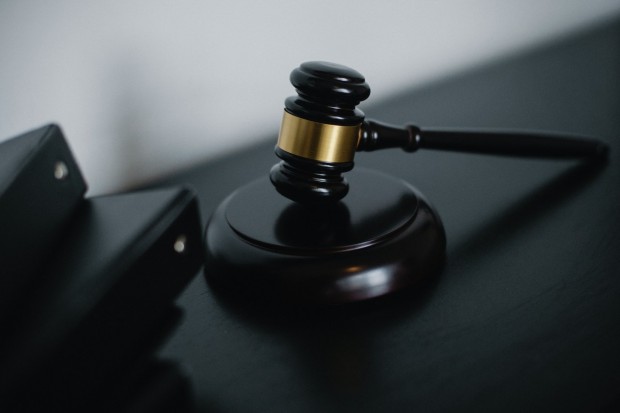5 Essential Steps to Take After an Accident to Win Your Case


Have you been involved in a serious accident of any kind? Whether it was a car accident, skiing accident, or something that happened on someone else's private property, the basic tenets to winning your case remain the same.
Gather information, keep quiet, and find the right representation: these are the core of the five following steps to win your personal injury case. Focus on these essential guidelines, and you will be set up for success in your court case.
Begin taking note of witness' details and any firsthand accounts from people at the scene. Whether they are talking to you or someone else, their information could be useful to your case!
You should not aggressively canvas witnesses or anyone else involved in the accident. Be compassionate and gracious with any nuggets of information you receive at the scene, and always remember to take as much evidence of their account as you can.
This includes their name, phone number, and even any photos of the scene that align with their story (or yours!). But remember that you are not asking for their account to challenge or argue with them. You should NOT be making enemies at the scene of your accident!
Keep your head down, ask a few pointed questions, and take a lot of notes and pictures until authorities arrive.
Regardless of how airtight you think your accident case is, you should keep quiet about it until your lawyer (more on that later) advises you to do otherwise.
In fact, there really is no reason to speak to anyone at the scene of the accident until the proper authorities arrive to take a report. Granted, people will be trying to get your version of events just as you are advised to get theirs, and you cannot blame them for that.
However, do your best to keep vague anyway. It might feel strange if you were to go around asking for other peoples' version of events without sharing your own, but you can get around this fairly easily by sticking to non-committal answers and general "I feel" statements.
All in all: keep it short, sweet, and to the point.
When choosing representation, you have a litany of options. You could go an independent route for more individualized care or you can go to a larger firm that will have more resources at their disposal. The choice is yours, but it could make a huge difference on your case, so choose wisely.
"While there are many ways to measure success, we believe that actions speak louder than words," says The de la Garza Law Group, a Houston personal injury lawyer group. And they are right: regardless of the size of the firm, their track record should speak for itself.
And if it doesn't, start looking elsewhere!
The best way to ensure that the legal process works in your favor is by ensuring the proper authorities have been engaged in the process. Whether you end up in mediation or in court or elsewhere, it starts with the officer at the scene.
Contact the appropriate law enforcement or civil service agency to make a report at the scene and give your account with as many details as you can. However, you only want to include details that are verifiable and you want to keep any extraneous information about what you were doing in the context of the accident concise. (After all, you do not want to give the opposition any ammunition later.)
Reports could be instrumental in your case OR your opponent's case if you say the wrong thing, so you want to be sure that you are only speaking on the advice of legal counsel anytime you open your mouth.
Even if you do not think you or anyone else in your vehicle have been injured, you should still check in with a medical professional if there was a traumatic accident. For instance, whiplash is a serious condition that can affect the rest of your life. But whiplash can fly under the radar for days, and without quick treatment it can spiral into chronic medical conditions for you in the long term.
Just making an appointment with an urgent care or your primary care physician is a good idea if you want to avoid the emergency room. That way, you are keeping valuable resources available for those that might really need it while still getting a record of any injuries you might have sustained as a result of the accident.
© 2023 Lawyer Herald All rights reserved. Do not reproduce without permission.
* This is a contributed article and this content does not necessarily represent the views of lawyerherald.com
Get the Most Popular Lawyerherald Stories in a Weekly Newsletter